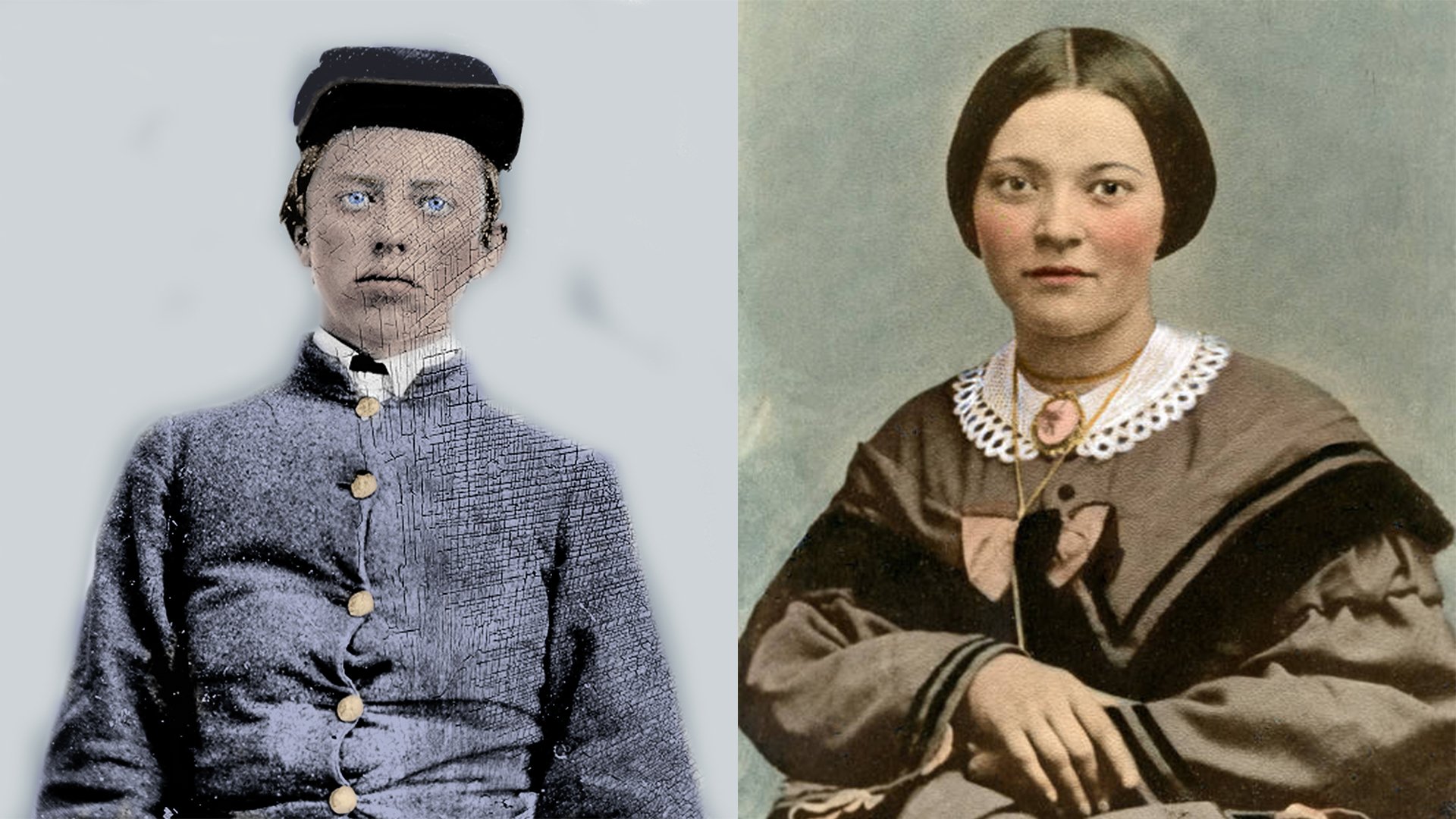
People
Learn about the Civil War in the Valley from the stories of the men, women, soldiers, and civilians that lived through it
Robert E. Rodes
Regarded as one of the finest generals in the Army of Northern Virginia, Robert Rodes’ early life was steeped in military tradition—his father and grandfather having military backgrounds. Born in 1829 in Lynchburg, he entered the Virginia Military Institute at age sixteen and graduated in 1848.
After graduation he served in many roles, as an engineer for the North River Canal in Lexington, Virginia, and railroads throughout the South. During his time working for the Northeast and Southwest Railroad in Alabama, he met and wed Virginia Woodruff.
In 1860 he received a professorship at VMI in Applied Mechanics; however, Virginia’s secession took Rodes on a different path. With the outbreak of hostilities he organized a company, “The Warrior Guard,” that mustered in as part of the 5th Alabama Infantry. Rodes became its colonel. He served during the campaign of First Manassas and for his early acts of heroism on the battlefield earned a brigadier’s star and command of his own brigade. Rodes then fought with distinction in the Army of Northern Virginia. For his leadership at Chancellorsville he was promoted to major general and division command. The promotion came as a result of a request from “Stonewall” Jackson. Although mortally wounded, Jackson during the ambulance ride to the Chandler Estate, commented that Rodes should be promoted. Gen. Robert E. Lee carried out Jackson’s wish on May 6, 1863.
After promotion to division command, Rodes fought with distinction at Gettysburg, July 1-3, 1863. During the Overland Campaign in the spring of 1864, Rodes continued to lead his men with a characteristic zeal, but by mid-June 1864, Rodes as well as the other troops in Lt. Gen. Jubal A. Early’s Second Corps found themselves en route from eastern Virginia to the Shenandoah Valley. This was an attempt by Lee to use the Valley as a diversionary theater, detracting attention from his lines around Petersburg as well as an attempt to hold onto the Valley’s resources. Early’s force enjoyed success in the Valley until September 19, 1864, when Union Gen. Philip H. Sheridan launched his Valley Campaign with the Third Battle of Winchester. As the Union XIX and VI Corps advanced on the Berryville Pike toward Winchester on September 19, a gap opened in the Union line. Early hoped to exploit the breach, and ordered a counterattack. As the assault surged forward, a Union artillery fragment struck Rodes in the head, killing him. After his demise, Brig. Gen. Cullen A. Battle, senior brigadier in the division assumed command, but an order from Early appointed Brig. Gen. Bryan Grimes to command of the division. The confusion in command paralyzed the Confederate counterattack and allowed Union Brig. Gen. David Russell to advance his division and terminate any hope of a successful counterattack.
Regarded by many as the finest divisional commander in the Confederate army, Rodes died at the high point of his career and in the manner he would probably have hoped to leave it—leading his men in a gallant attack. Rodes’ body was sent to his native Lyncburg, Virginia, and interred in the Presbyterian Cemetery. General Rodes left behind his wife, a son about a year old and daughter born just a few months after his death.

